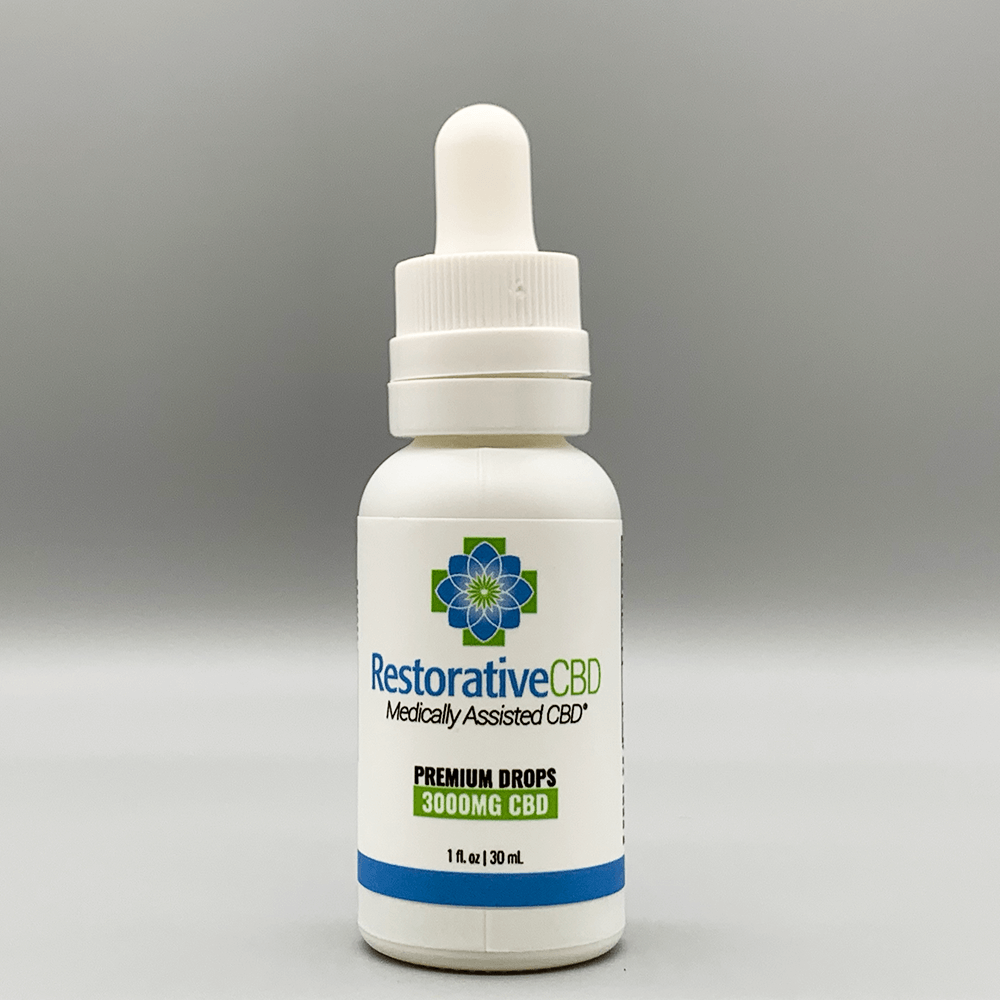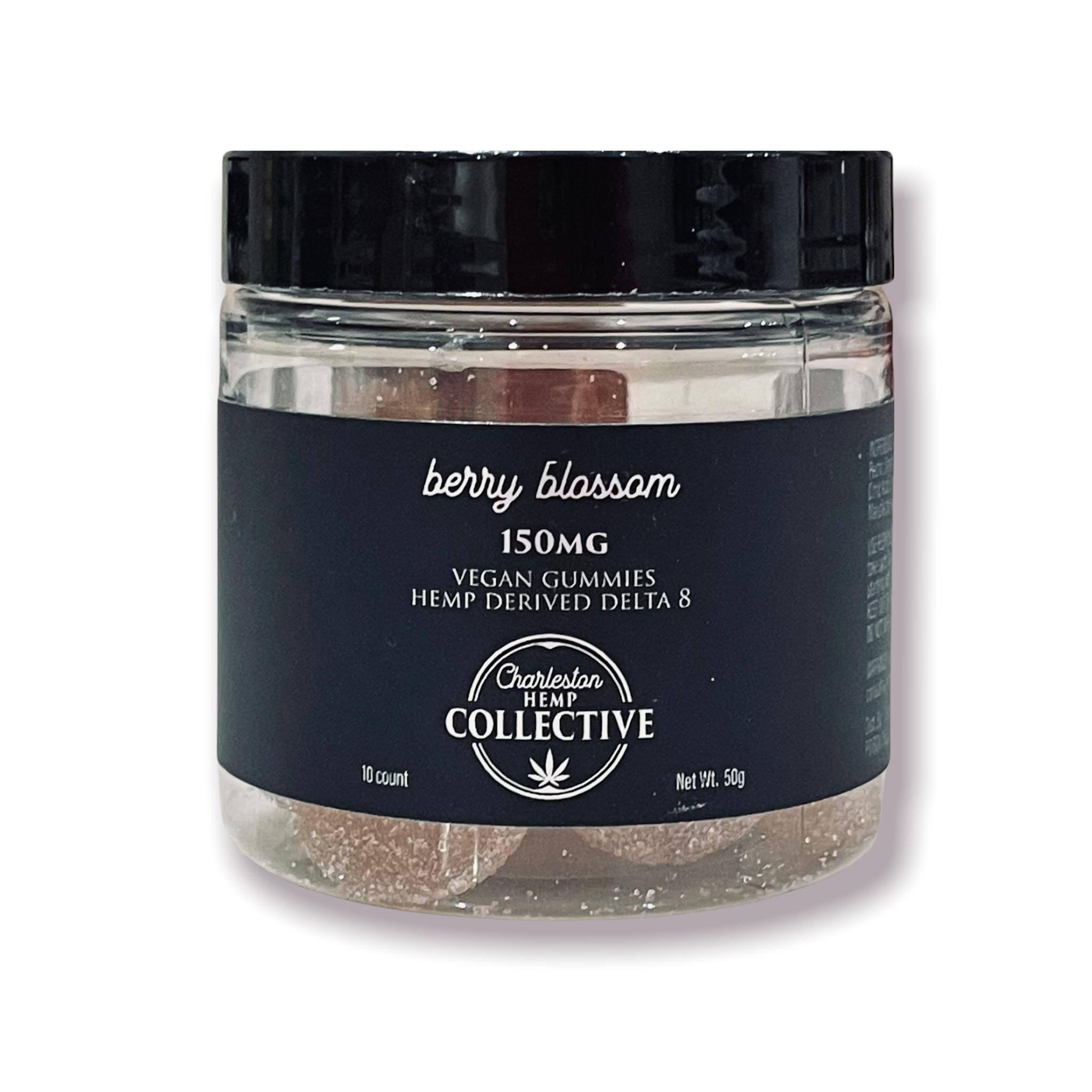
Feel schizophrenic when high
People who use marijuana (marijuana), often report feeling psychotic while high. It's not known if these symptoms are due to the drug or a predisposition for schizophrenia.
THC is the main psychoactive ingredient in cannabis. It can cause hallucinations, delusions and other unpleasant effects. It can also affect the brain's perception of time and sensory information.
Some users have experienced a drastic shift in behavior after they consume cannabis. They might become aggressive, irritable, and paranoid. They may feel inadequate or isolated and might have feelings of social isolation.
Cannabis can cause psychosis. You may be able to reduce your intake or even stop using cannabis altogether. This can help prevent symptoms from escalating to the point of being harmful to yourself or others.

Do you have a family history with schizophrenia?
It is more likely to develop schizophrenia if you have a family history. If you have a family history, you should talk to your healthcare provider about taking steps to protect yourself from psychosis.
Can marijuana aggravate my symptoms of schizophrenia?
Experts believe that the link between schizophrenia and marijuana may be due to a chemical imbalance called glutamate in the brain. When the body is unable to produce enough glutamate, it causes abnormal communication patterns in the brain.
These abnormal patterns cause neurons to not communicate with one another and can lead to hallucinations, as well other psychotic symptoms.
GABA, and the neurotransmitters dopamine/GABA, play a significant role in these processes. But their levels can vary over time. It is possible to reduce schizophrenia symptoms by using substances that increase GABA and dopamine.
Do you have a relative with schizophrenia or another mental illness?
If you have a family member with schizophrenia, it is important to understand their condition and work with them to improve their health. You can help them find a therapist and learn ways to deal with their symptoms. While they are in therapy, you can assist them with the treatment options and provide support.

Can CBD trigger schizophrenia?
One study found that CBD, a compound in marijuana plants, can reduce schizophrenia symptoms. This includes hallucinations as well as delusions. When combined with antipsychotic medication, the compound can also have a positive effect in anxiety and reduce the risk of relapse.
Can someone who has schizophrenia in their family smoke marijuana?
It's important to talk to a loved one about their marijuana use and to encourage them to stop using it. It's also a smart idea to teach your loved ones how to spot when they are suffering from schizophrenia and how you can help them seek medical attention.
Is schizophrenia like being high?
The symptoms of schizophrenia may manifest in someone you care about if they experience hallucinations or delusions. These symptoms can be very scary, and they may lead to an unsafe environment or even self-harm.
FAQ
Is CBD's market saturated?
CBD is seeing a steady growth rate of 25 percent annually. This growth rate is expected to continue at least for five more years. In fact, the industry is expected grow from $2Billion today and $5Billion by 2020.
Two companies are currently dominating the CBD market - GW Pharmaceuticals & Canndoc Ltd. Both companies have a focus on creating pharmaceutical-grade products. But they have not been particularly successful. Both are struggling to gain traction on the market.
Cannabidiol is an extract of cannabis with less than 0.3% CBD. It does not produce any psychoactive effects. It can be used to treat epilepsy or other medical conditions. It can also be used as a dietary supplement.
There are many varieties of CBD products. Some CBD products are made with whole plants extracts, others use CBD isolates.
These products share one common feature: they all contain low levels of THC.
These products are legal under US federal law. You still need to comply with local laws when you sell CBD products. It is important to check the regulations in your state for CBD products.
Additionally, CBD products can be illegal in several states. These include California, Colorado, Florida, Mississippi, Missouri, New York, North Carolina, Ohio, Oklahoma, Oregon, Pennsylvania, Rhode Island, South Dakota, Texas, Utah, Virginia, Washington, and Wisconsin.
You will want to stay clear of CBD products if you are from one of these states.
Which states use the most CBD?
California, Colorado and Oregon are three of the most popular states. These states have large populations and high incomes with low unemployment. These states also have higher amounts of hemp farms than other States.
California is the leader because its economy is heavily dependent on agriculture. It is home to a large amount of fruits and vegetables. Because cannabis comes from the same plant that hemp, this makes sense.
Oregon and Colorado are close behind, as they both grow marijuana for medical purposes. However, unlike California, these two states do not allow the recreational use of marijuana.
Other states that are highly ranked include Washington, New York. Florida. Illinois. Pennsylvania. Mississippi.
What conditions can be treated with CBD?
The most important thing for any treatment to have an effect on is the person's health condition. A doctor must prescribe cannabis oil to be used as medicine. You cannot use cannabis products without a prescription from your doctor.
There is no need for a prescription if you are using cannabis oil in a healthy way. It is best to speak to your doctor before you start using cannabis oil.
Cannabis oils are made from either whole plant extracts or isolated compounds called cannabinoids (THC and CBN). There are many types of cannabinoids in cannabis oils, including cannabidiol and tetrahydrocannabinol.
These components interact to receptors throughout your body to create effects like pain relief, stress decrease, and anti-inflammatory as well as antioxidant properties.
How can companies successfully market CBD products in a regulation-compliant manner?
The FDA does no regulate hemp as a crop commodity. The Controlled Substances Act governs all other cannabis derivatives, such as marijuana. CBD has not been subject to any specific regulations.
CBD is legal in 29 states. Federal law, however, still considers it illegal. Businesses looking to sell CBD products are left in uncertainty.
The FDA also has guidelines for how CBD products should be advertised. They must disclose the THC content of any CBD products. Without scientific evidence, companies cannot claim CBD treats certain medical conditions.
Further, the FDA requires that manufacturers provide information on manufacturing practices and quality controls. To prove safety and effectiveness, they require that companies conduct clinical trials.
Companies should consider these factors when developing their own marketing strategies.
Statistics
- CBD seems unlikely to directly influence sleep in healthy humans [115] (and maybe “sleep-promoting” in those with certain comorbid conditions) (ncbi.nlm.nih.gov)
- The inhibition of FAAH is predicted to lead to an increase in brain and plasma concentrations of AEA, which acts as a partial agonist at CB1R and CB2R, thereby increasing endocannabinoid tone [92, 110]. (ncbi.nlm.nih.gov)
- however, one study also found that these effects were virtually abolished when the original media (a nutrient broth agar) was replaced with one containing 5% blood (increasing the minimum concentration to ~160 μM CBD) [179]. (ncbi.nlm.nih.gov)
- OralWhere HED is the human equivalent dose, and Km is a correction factor estimated by dividing the average body mass (BM) of the species (60, 0.020, and 0.150 kg for 11 humans, mice, and rats, respectively) and by its surface area (see: Nair et al. (ncbi.nlm.nih.gov)
- The use of these products is likely to become even more widespread if the World Health Organization's recommendation that CBD no longer is scheduled in the international drug control conventions is adopted by the United Nations member states [201]. (ncbi.nlm.nih.gov)
External Links
How To
What are the issues that the CBD industry faces?
The market for CBD products is expanding at an astounding rate. However, there are still many challenges facing businesses looking to enter this space. These include low consumer awareness, high entry costs, limited capital access, regulatory uncertainty, and lack of consumer awareness.
Many consumers do not know what CBD is or how it works. This means they are not able to make informed choices about whether or no to purchase CBD products.
Most CBD companies rely heavily upon word-of mouth marketing. This is expensive because it requires paying for advertising and hiring staff to promote their brand.
Another problem for new entrants to CBD is the high price of production. High prices are a major problem for CBD products because of the high cost of raw materials. CBD oil is made from hemp that has been grown in particular climates.
It takes approximately $1,000 per acre to grow enough hemp to process into CBD oil. Many small farmers are unable or unwilling to invest in this product.
Access to capital is another challenge for new entrants in the CBD market. Banks are often discouraged from helping people start businesses because of the stigma that surrounds the industry.
There is also regulatory uncertainty around the sale of CBD products. There are currently no clear guidelines regarding how CBD products should be marketed.
Some states have passed legislation restricting the sale of CBD products, but this has yet to become national policy.
Only Nevada and Maine have already legalized recreational cannabis.
However, some states like Massachusetts and Michigan are considering similar measures.
These changes could lead to increased competition between CBD manufacturers.
These factors have led many entrepreneurs to choose to work remotely rather than starting a physical business.